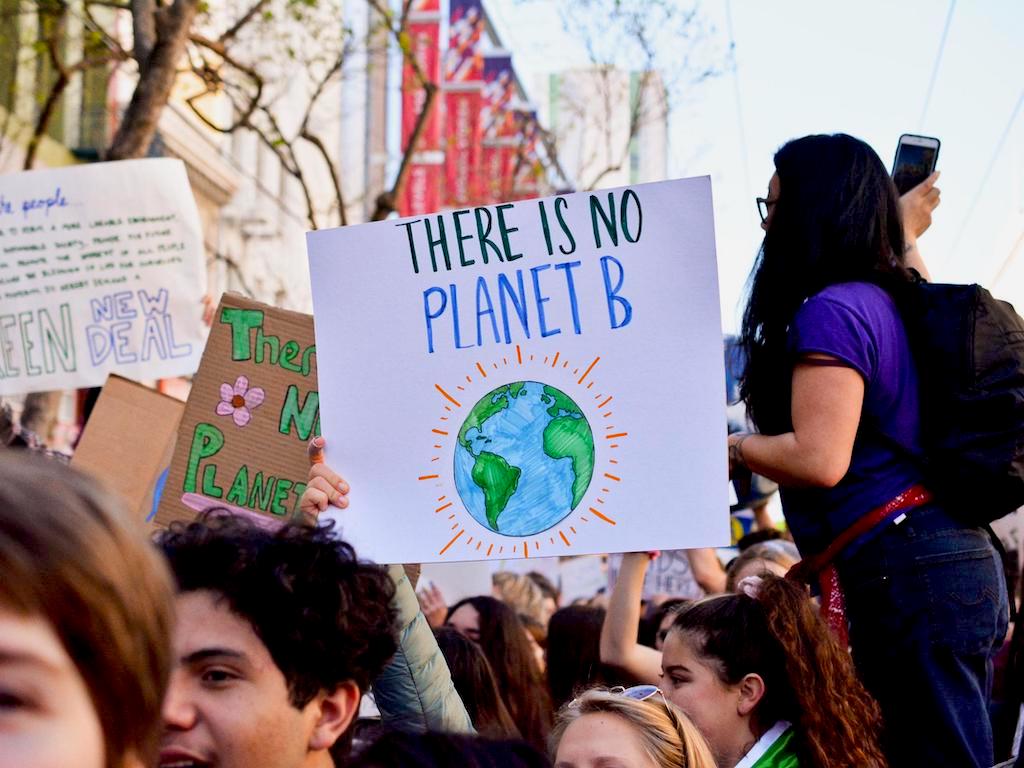4 Mins Read
In a newly published book by Christiana Figueres and Tom Rivett-Carnac – two prominent leaders of the United Nations Paris Agreement negotiations – there are some crucial actions that each and every one of us can take in our daily lives to make a difference for the planet. Called The Future We Choose: Surviving the Climate Crisis, the authors make a list of 10 measures, from mindset shift to practical tips in order to combat the world’s rapidly deteriorating climate and the fate of humanity.
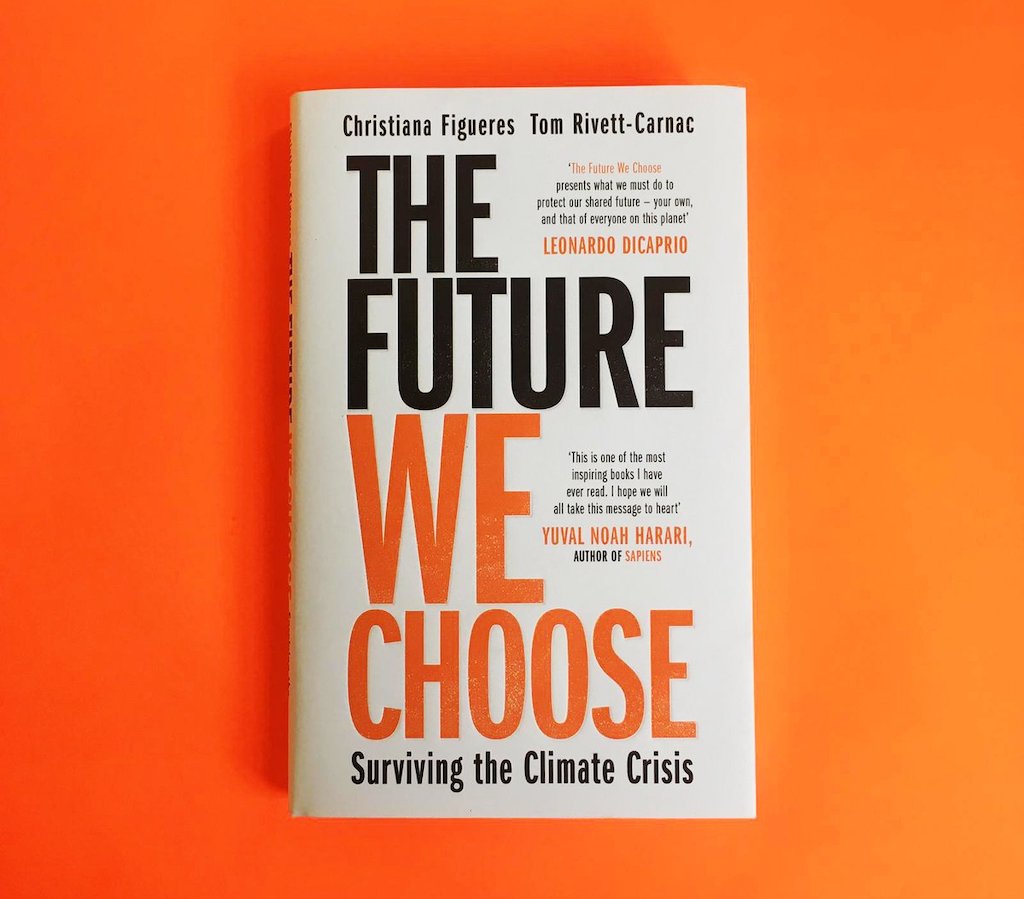
1. Acknowledge the past but allow necessary change
The authors propose that we recognise that some of the most destructive practices on Earth in history have indeed brought about massive development, but we must let this go and allow the necessary transformations to be introduced into our world. This involves both practical steps such as ditching fossil fuels, as well as psychological shifts such as resisting the business-as-usual approach.
Read: Humans may be hard-wired to reject facts they don’t like
2. Face the grief of environmental loss
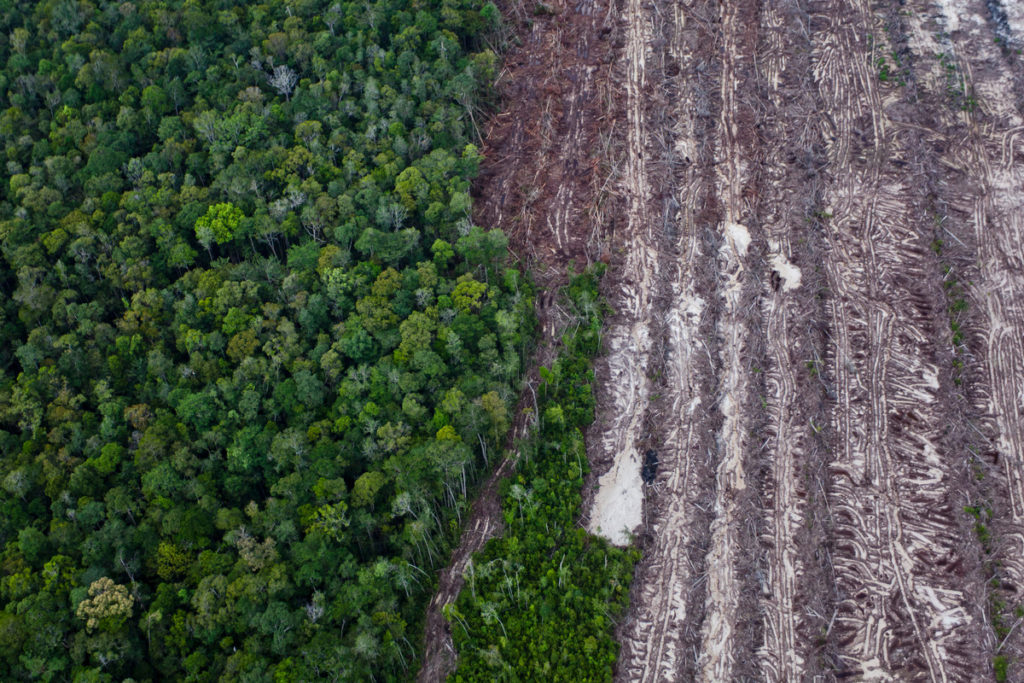
It is important that we do not “hide from the grief that flows from the loss of biodiversity and the impoverished lives of future generations,” Figueres and Rivett-Carnac write. Instead, we should face these losses directly and embrace a more optimistic vision of the future, which will give us the motivation to make the world a better place.
Read: What is eco-anxiety and do you have it?
3. Defend truth
In a world where climate denial is still prevalent across the world, the authors say that we must defend objective truth and the scientific consensus we have about the climate emergency. In order to get through to climate deniers, we need to “understand their concerns” rather than vilify them, which will help “counter the forces pulling us apart”.
Read: Fake facts that climate deniers believe & how to debunk them
4. See ourselves as global citizens, not consumers
By viewing our existence and identity as more than our consumption habits, we can strive to vision a lifestyle that does not depend on the overconsumption of material goods, which helps to reduce waste and unsustainable production. Rather, purchase items that leave behind as little an impact on the environment as possible – we are citizens of the Earth.
5. Challenge fossil fuel mentality
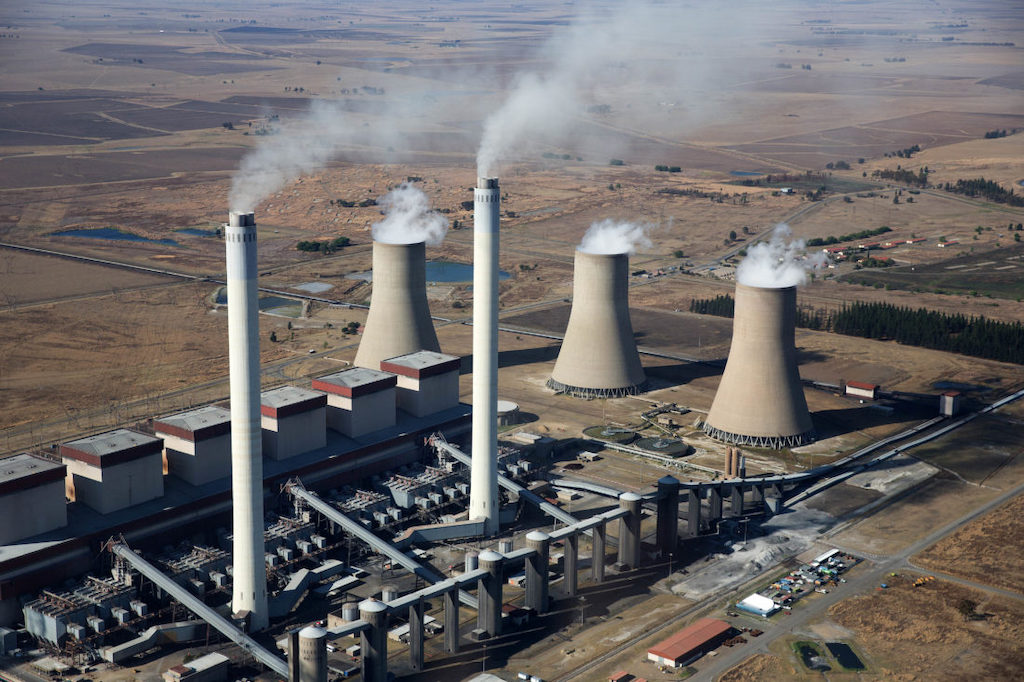
Figueres and Rivett-Carnac say that the reality of fossil fuels isn’t just about powerful industries – it is also an attachment we have all had to the past, unsustainable system. What we need to do is to challenge the fossil fuel mindset, which will allow a mass migration of our perception, our financial attitudes and willingness to embrace renewables. In turn, this might just create enough mass demand to put an end to dirty energy.
6. Plant trees, eat less meat & dairy, boycott deforestation products
So far, most of the list calls for a mental shift. Now, the authors say that we ought to take pretty practical steps in our everyday lives, such as supporting tree-planting organisations, adopting a plant-based diet and ditching products that contribute to deforestation.
7. Clean economy investment
Instead of only putting money into clean energy companies such as wind and solar projects, we need to be supporting a transformation that spans across every economic sector – this means everything from circular fashion to plant-based businesses. To be a truly economically sustainable requires operating in “harmony with nature, repurposes used resources…minimises waste, and actively replenishes depleted resources,” they write.
8. Responsible technology

We need to learn to “live well with technology,” say the authors. While the emergence of artificial intelligence will help us solve many problems, we need to be careful to avoid the dangers of the technology and make sure we use it to support our shift from an extractive to a circular economy.
9. Support gender equality
In all spheres of life, whether it is in the public, private, social, economic or political world, we need to support the access, participation and leadership of women. Citing a multitude of studies, the authors say that women with their wealth of knowledge have a unique ability to help respond and lead solutions to combat the climate crisis.
Read: We can’t solve climate change without empowering women
10. Engage in climate civic disobedience
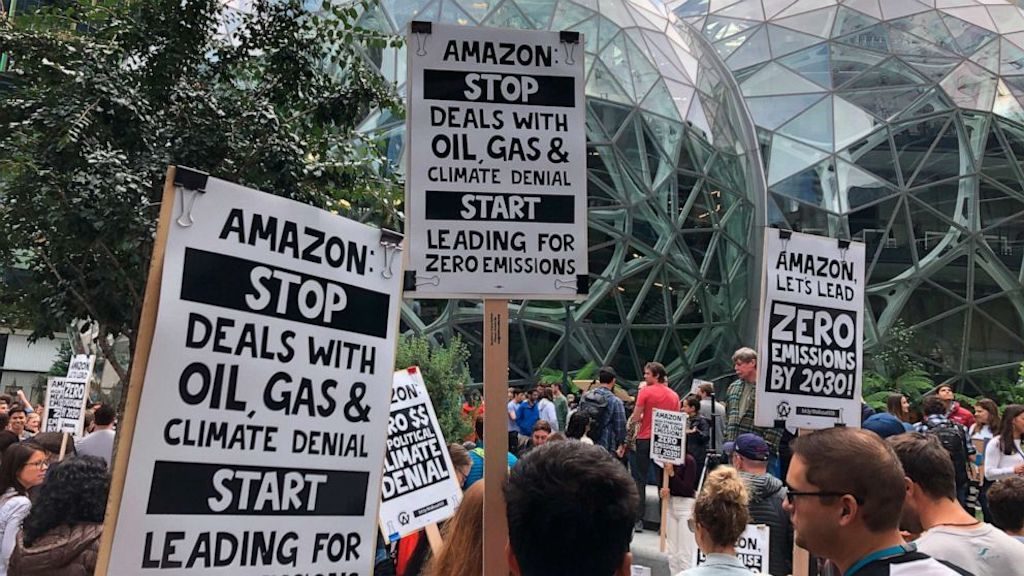
Finally, Figueres and Rivett-Carnac urge us to take climate action by partaking in civil disobedience – whether it is joining the next global student climate strikes or Extinction Rebellion protest, this is how we can make a statement to those in power and help shape the world for the better.
Lead image courtesy of Unsplash.


